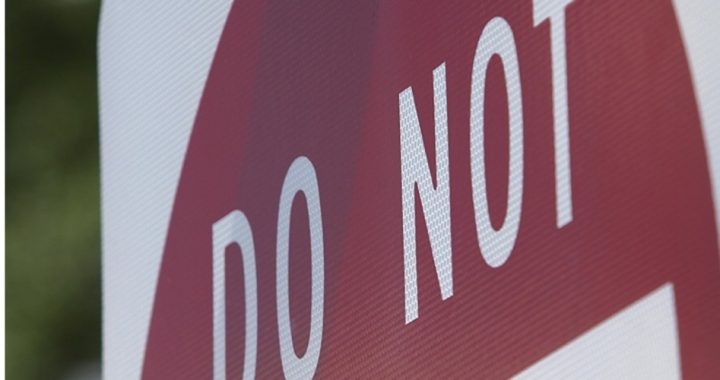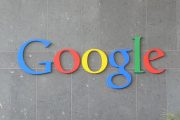
The FCC released its full rules for Net Neutrality yesterday. The 400-page document — including dissent from the two Republicans on the commission — was published via the very Internet the FCC seeks to regulate.
Under the new rules, the Internet would be regulated as a public utility, much the same as the telephone and cable TV industries already are. If it requires 400 pages of regulation to keep the Internet “open and secure,” one wonders how it survived this long without that regulation.
In point of fact, the Internet has not only survived, but thrived, precisely because it was not regulated. It has been the purest form of a free market, allowing goods, information, communication, and the open exchange of ideas to flow freely to every part of the world — often to the chagrin of oppressive governments that wished to control it. Net Neutrality is one step in that direction.
By reclassifying the Internet as a public utility under Title II of the Federal Communications Act, the FCC has opened a Pandora’s Box of anti-innovation and anti-freedom. FCC Chairman Tom Wheeler, seemingly realizing this, attempted to allay public concern in his statement which accompanied the rules:
Let me be clear, the FCC will not impose “utility style” regulation. We forbear from sections of Title II that pose a meaningful threat to network investment, and over 700 provisions of the FCC’s rules. That means no rate regulation, no filing of tariffs, and no network unbundling.
He compared the regulation to that which has impacted the mobile phone industry:
During the 22 years that wireless voice has been regulated under a light-touch Title II like we propose today, there has never been concern about the ability of wireless companies to price competitively, flexibly, or quickly, or their ability to achieve a return on their investment.
One is left to wonder why the FCC would reclassify the Internet as a public utility unless it intends to treat it as a public utility. Wheeler’s message is that even though the new classification allows rate regulation, tariffs (read: taxes), and forced network unbundling, the FCC is going to “forbear.”
Now that the rules have been made public, attorneys for Internet Service Providers (ISPs) such as Verizon, Time Warner, Comcast, and others, will no doubt begin sifting through the pages looking for something they can challenge in the courts.
Besides the courts, Congress may soon have legislation in place to set the rules aside. As The New American previously reported, the federal regulatory regime may find that it is one thing to write rules and another thing altogether to have the authority to enforce them.
And freedom-lovers everywhere are hoping that the legislation Congress proposes isn’t akin to jumping out of the frying pan into the fire.




